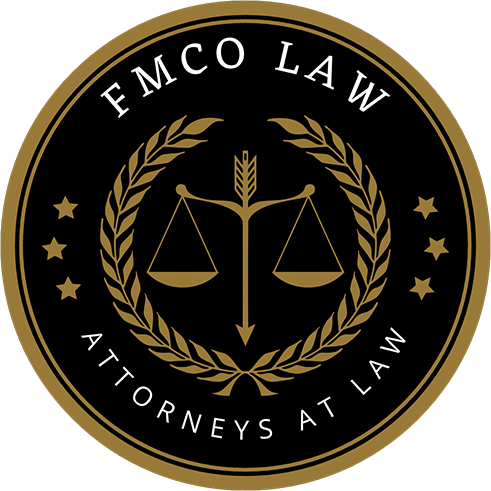The abuse and neglect of the elderly is disturbingly common across Illinois.
The abuse and neglect of our elders – both at home and in residential care facilities – is a nationwide, systemic problem. According to the National Center on Elder Abuse, an estimated one out of every 10 seniors will experience some form of abuse at the hands of a caregiver, relative, friend, fellow nursing home resident, acquaintance or stranger. Perhaps most troubling is the fact that, for every reported instance of abuse or neglect of an elder, there are up to 23 events that aren’t reported.
Abuse Comes In Many Forms
Part of the reason that elder abuse is so widespread is that the “abuse and neglect” of our nation’s vulnerable seniors encompasses a broad range of behaviors and actions. When trying to understand the problem, it can help to focus first on larger categories of possible abuses, then to hone in on more distinct classifications within those.
Abuse and neglect most often inflicted upon the elderly include:
- Physical violence – punching, hitting, kicking, pinching or improperly restraining
- Not meeting basic physical needs – failing to provide the victim with sufficient food and water, not ensuring proper hygiene (bathing, grooming, cleaning up after bodily functions, etc.), not giving adequate medical treatment
- Inadequate supervision – allowing residents/patients/loved ones to fall by not helping them when needed, allowing them to wander off and be exposed to the elements, failing to secure barriers to keep weak or confused patients away from hazards like stairs, swimming pools or traffic
- Verbal/emotional abuse – yelling, using obscenities/profanity or using degrading language; a recent trend has started, thanks to the advent of social media, of abusers taking and sharing pictures or video of seniors unclothed, soiled or lying on the floor after falls
- Sexual abuse – inappropriate touching or activity perpetrated upon the victim by caregivers or fellow residents
- Financial abuse – taking advantage of an elderly person’s incapacitated state or dulled memory to steal money, assets or items from them, or convincing a vulnerable person to change a will or estate plan
Warning Signs
It may seem overwhelming to think of the myriad types of abuses that could be visited upon an elderly loved one. You may be even more worried than before about the possibility of putting your family members into a care facility or having caregivers come into their home to help them remain independent. While it is true that the majority of caregivers have no malicious intentions, it is important to remain vigilant and be on the lookout for warning signs of possible abuse or neglect. For example:
- Bruises, black eyes, scratches or broken bones could indicate physical abuse or inadequate supervision (such that the person was allowed to wander off and fell)
- A sudden unwillingness to be around a particular caregiver (or silence/discomfort in that person’s presence) could indicate sexual or verbal abuse
- Unexplained weight loss could be a sign of malnutrition
- The development of pressure sores (also called “bedsores” or by their medical name of “decubitus ulcers”) often indicate that a patient isn’t being moved enough; pressure sores can lead to serious, sometimes fatal infections if left untreated
- A lack of grooming in a formerly meticulous person could be a sign that they can no longer handle such things on their own and their caregivers are neglecting them
It is important, if you suspect that an elderly or vulnerable loved one is being mistreated in any way, that you speak up. Report any abuse to the proper authorities, whether that means speaking to supervisors at a care facility or by calling the Illinois Senior Helpline. You should also consider contacting the experienced nursing home abuse attorneys at the law firm of Foote, Mielke, Chavez and O’Neil, LLC. Call their Geneva or Chicago offices at 630-912-5702 or send an email for a case evaluation.

